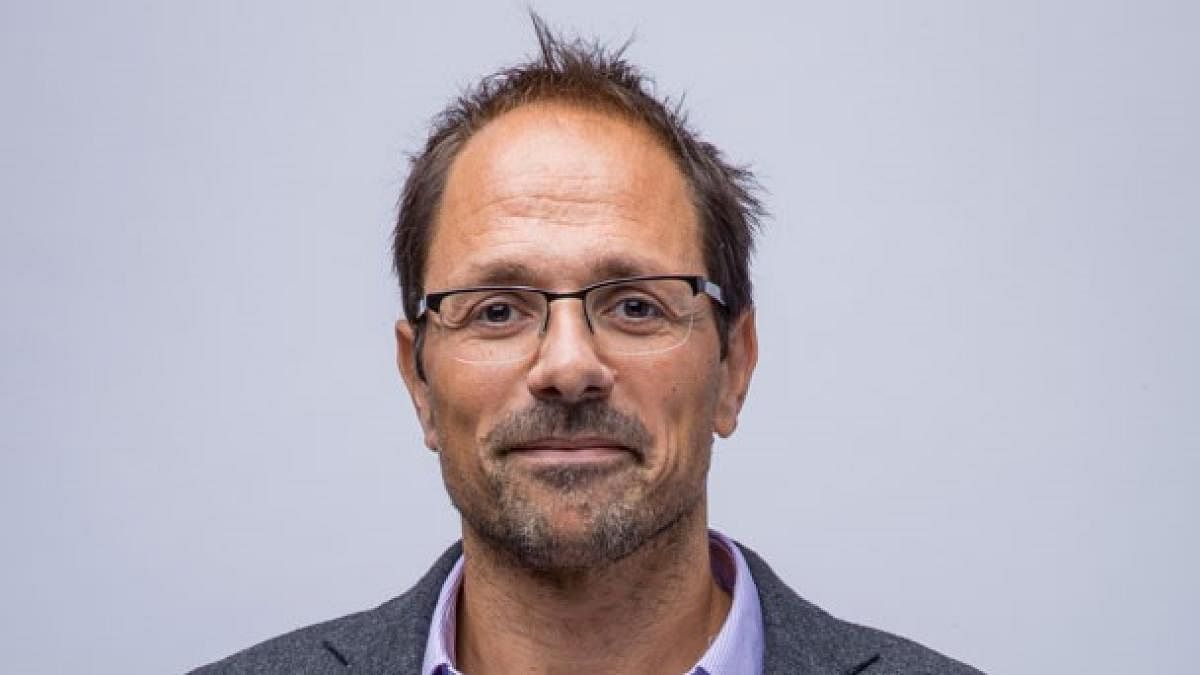
The new series on Sony BBC Earth, ‘Climate Change: The Facts’, that will air on March 14, captures visuals from across the globe that show the negative impact of global warming. The series explains how we will reach the threshold for permanent environmental damage within 40 years. Using dramatic user-generated content and emotional first-hand testimony, this film showcases intimate stories and gets inside the lives of the people affected by climate change, and those fighting it. In an interview with Metrolife, Andrew Cohen, head of BBC Studios Science Unit, talks about the making of the series and its importance.
What are some of the vital issues the show deals with?
This is a film that really wanted to look at the very nature of science and scientific understanding of climate change. We want to understand exactly what our search tells us now about where we want to look at, how we got to where we are and also explore the history of violence and climate change. We also want to move on to the impact that we see playing out on the planet now and perhaps look at a possible solution.
Could you take us through some of the thought-provoking visuals?
During filming, there was the story from Australia, which was hard-hitting. When you see the level of destruction in a tiny area in Australia, in terms of the impact on the species there, you realise that it’s directly related to climate change and the increase in greenhouse gases and its effect on our planet. A small community in Louisiana, US had to leave their hometown because of the rising sea levels. A larger picture emerges from these smaller incidents.
What suggestions do you put forth for people to bring about change?
It is for us to provide the best information mission and evidence about what the science is telling us about climate change at the moment. Through stories, we tell you how to reduce your carbon footprint. People have to look at doing what is right for them and their families.
What are some of the issues that we as ordinary people need to take stock of reverse the effects of climate change?
We have to reduce greenhouse gas emissions and carbon footprints and for this, you need to understand the science and lookup studies that predict where we will be in 2030. We need to learn more, understand more and try to understand the consequence of climate change.
What did you learn after directing the series?
I got a deep understanding of history. I realised that we can’t really ignore science and the facts that come with it. We have to act fast and do all that we can to save the planet. The images and stories in the series are meant to bring about an awareness among people and get them to do their bit to save the planet.